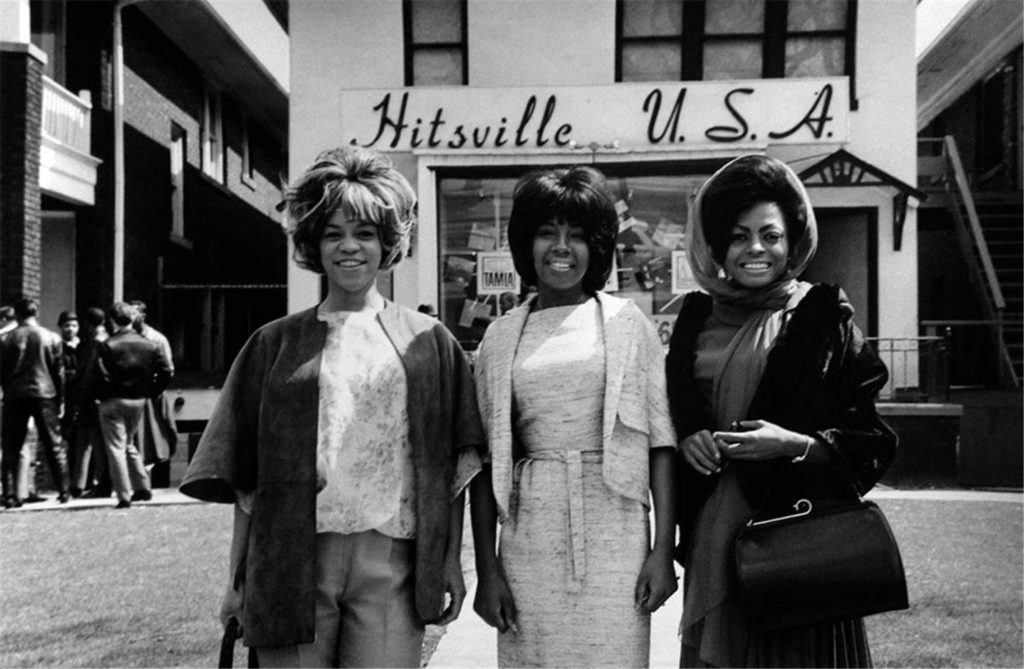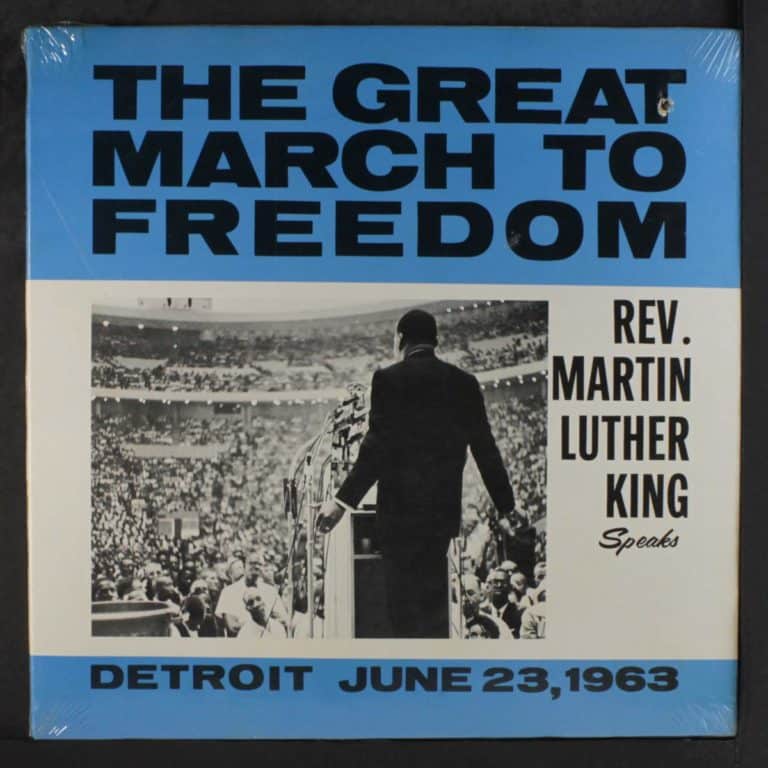Berry Gordy was an emerging songwriter who decided to establish Motown Records in 1959. The 29-year-old songwriter and former boxer, founded the label initially known as Tamla Records in his hometown, Detroit, with an $800 loan from his family. Smokey Robinson, who was the lead singer of a band called The Miracles, produced, wrote, and sang several of Motown’s most memorable hits — including the labels’ first smash song,
Shop Around” in 1960. A year later, “Please Mr. Postman,” by The Marvelettes, was the label’s first No. 1 song. It would not be the last.It is rumored that Gordy modeled his hit factory after the Detroit car assembly line that he knew so well: Make a good product, then make something similar, and make it quick.What was the Motown sound? In its heyday, in the middle Sixties, it consisted of: 1) simply structured songs with sophisticated melodies and chord changes, 2) a relentless four-beat drum pattern, 3) a gospel use of background voices, vaguely derived from the style of the Impressions, 4) a regular and sophisticated use of both horns and strings, 5) lead singers who were half way between pop and gospel music, 6) a group of accompanying musicians who were among the most dextrous, knowledgeable, and brilliant in all of popular music (Motown bassists have long been the envy of white

rock bassists) and 7) a trebly style of mixing that relied heavily on electronic limiting and equalizing (boosting the high range frequencies) to give the overall product a distinctive sound, particularly effective for broadcast over AM radio.
Even if you couldn’t put your finger on it, when a Motown song came on, you knew it.

Detroit’s Walk to Freedom, held on June 23, 1963, helped move the southern Civil Rights struggle to a new focus on the urban North. Dr. Martin Luther King, Jr. later called this march “one of the most wonderful things that has happened in America.” Berry Gordy, founder of the Motown Record Corporation, considered Detroit’s Walk to Freedom to be such a historic event that he offered the resources of his Hitsville studio to produce a record album documenting Dr. King’s impassioned words. Gordy heightened the drama of the event by titling the album, “The Great March to Freedom: Reverend Martin Luther King Speaks.” He believed that this record belonged in every home, that it should be required listening for “every child, white or
black.” Popular opinion suggests it wasn’t until Marvin Gaye’s ‘What’s Going On’ (1971) that the label was seen to support any overt activist song or artist. There were earlier Motown records that drew attention to the racial inequalities of America. Aretha Franklin’s R.E.S.P.E.C.T (1967 – written by Otis Redding) echoed a vital Civil Rights demand. The day of Martin Luther King’s assassination the Supremes performed ‘Somewhere’ on the Tonight Show and directly referenced the tragedy.

Login to your account